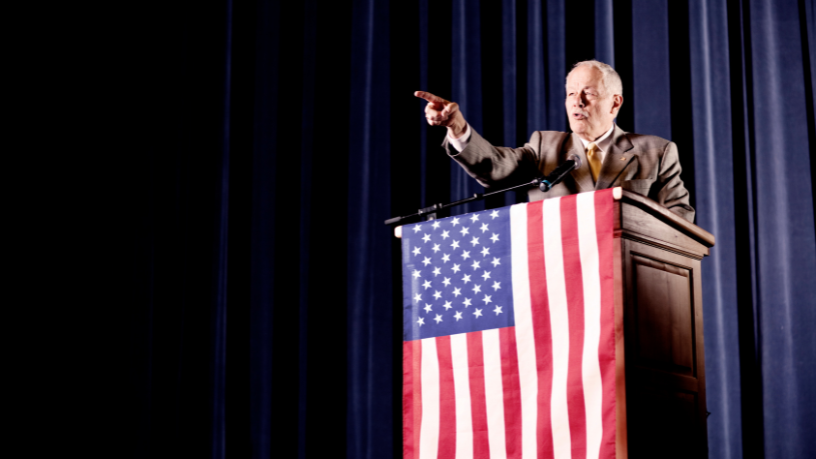The new tariffs imposed by Trump are expected to have significant effects on global markets and trade relations between the United States and other countries. The former president’s decision reflects an economic strategy aimed at protecting domestic industries but raises concerns about potential retaliations and side effects on the global economy. Experts analyze how this policy could impact key sectors and lead to changes in international supply chains.
The implementation of the new tariffs imposed by Trump primarily aims to reduce U.S. dependence on foreign products, encouraging domestic production. However, protectionist measures like this often create trade tensions, especially with strategic partners such as China and the European Union. As a result, the global economic landscape may face additional challenges, including increased import costs and potential sanctions from other countries.
Market reactions to the new tariffs imposed by Trump are already being felt, with fluctuations in stock markets and concerns among business leaders. The uncertainty generated by this tariff policy impacts investments and may lead multinational companies to reassess their production and export strategies. Additionally, consumers might experience price increases on imported goods, directly affecting the cost of living.
The adoption of the new tariffs imposed by Trump could also lead to a reconfiguration of global trade, pushing countries to seek new trade agreements and alternative suppliers. Brazil, for example, could benefit in certain sectors by filling demands previously met by nations now facing tariff barriers. However, this advantage might be temporary, as retaliatory measures from other countries could also affect Brazilian exports.
Past experiences with protectionist policies show that measures like the new tariffs imposed by Trump can have mixed effects on the U.S. economy. While some industries may strengthen due to reduced foreign competition, others may struggle with rising costs of imported raw materials. This could compromise long-term economic growth and create instability in financial markets.
The new tariffs imposed by Trump also raise political and diplomatic concerns, as they may influence relations between the United States and its allies. Trade barriers could be seen as a sign of economic isolation, making international negotiations and strategic partnerships more difficult. Furthermore, leaders from other nations are evaluating how to respond to this decision, considering the possibility of imposing retaliatory tariffs on U.S. products.
Domestically, the new tariffs imposed by Trump could be a decisive factor for his electorate, particularly among industrial sectors and workers who support economic protection policies. However, the impact on the cost of living and trade may generate dissatisfaction among other segments of the population, influencing the country’s political landscape. The debate over the consequences of this measure is expected to be a central topic in economic and electoral discussions in the coming months.
Amid the uncertainties brought by the new tariffs imposed by Trump, experts recommend that businesses and investors closely monitor market movements and seek strategies to mitigate risks. Adapting to this new scenario will be crucial to maintaining competitiveness in an ever-changing trade environment. The future of global economic relations will depend on the responses of affected countries and the potential adjustments from the U.S. government to address the emerging challenges.
Author: Halabeth Gallavan







